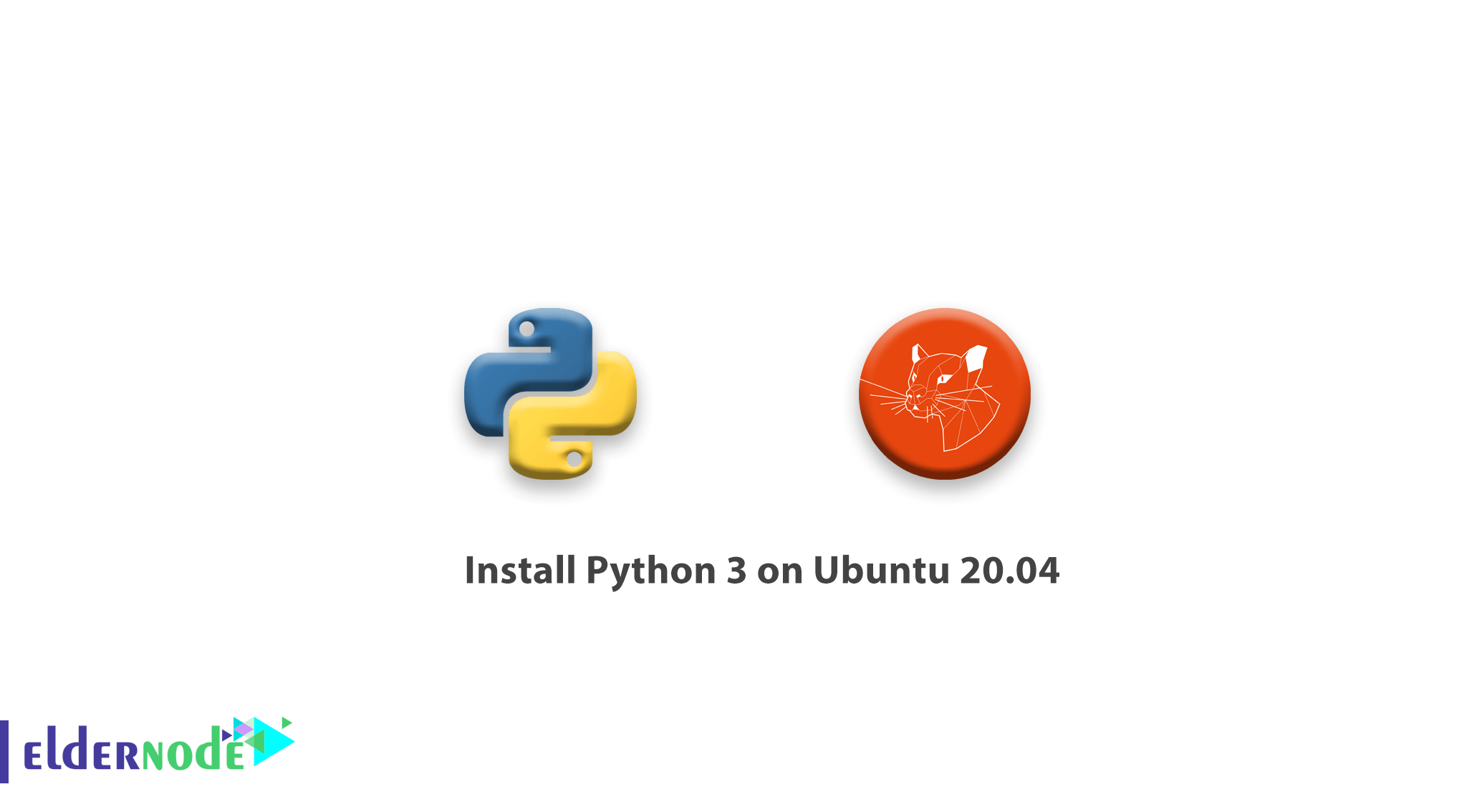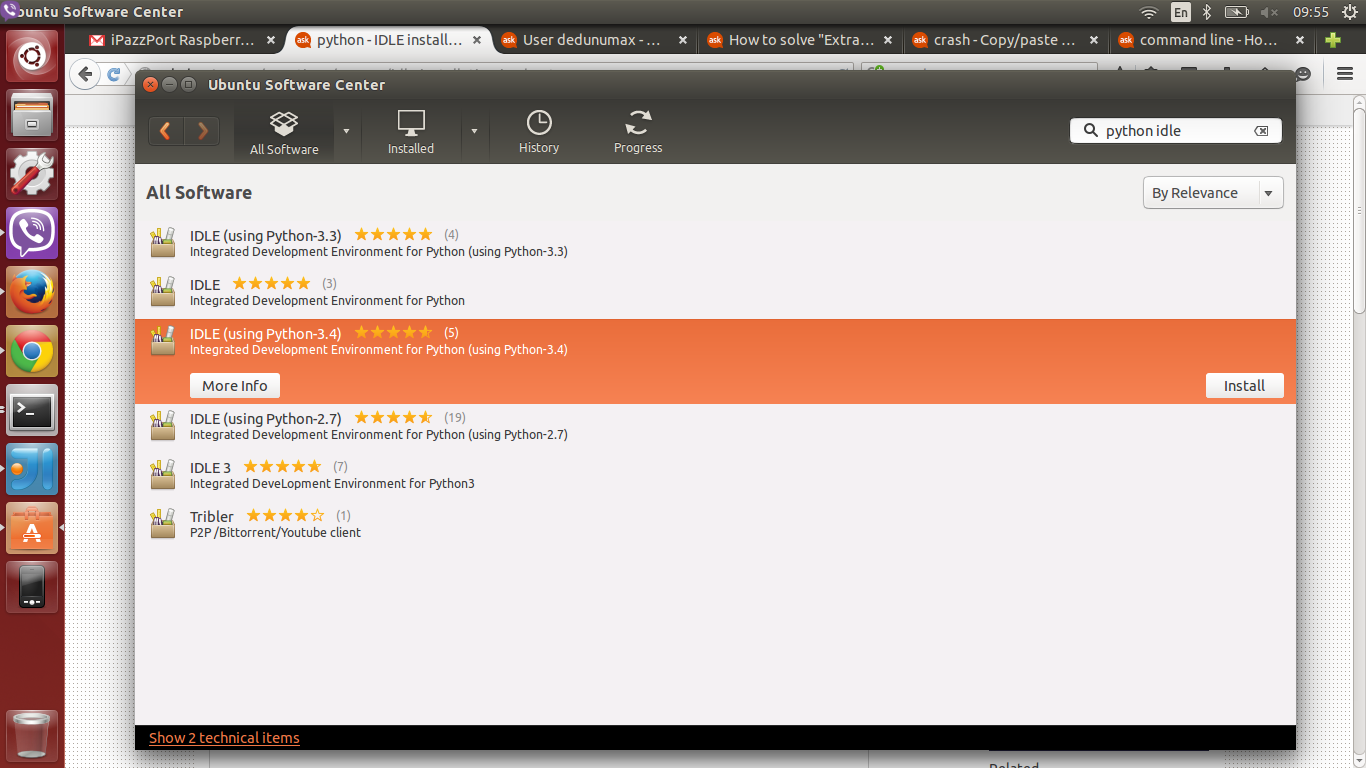

- INSTALL PYTHON 2.7 UBUNTU 14.04 HOW TO
- INSTALL PYTHON 2.7 UBUNTU 14.04 INSTALL
- INSTALL PYTHON 2.7 UBUNTU 14.04 UPGRADE
Resolved by myself: 1 Prepare docker 1.1 Install DockerToolBox Unable to execute 'x86_64-linux-gnu-gcc': No such file or directory Using cached ipaddress-1.0.16-py27-none-any.whlĬollecting cffi>=1.4.1 (from cryptography>=0.7->pyOpenSSL->scrapy)Ĭomplete output from command python setup.py egg_info: Requirement already satisfied (use -upgrade to upgrade): setuptools>=1.0 in /usr/local/lib/python2.7/dist-packages (from cryptography>=0.7->pyOpenSSL->scrapy)Ĭollecting enum34 (from cryptography>=0.7->pyOpenSSL->scrapy)Ĭollecting ipaddress (from cryptography>=0.7->pyOpenSSL->scrapy)

Using cached pyasn1-0.1.9-py2.p圓-none-any.whlĬollecting idna>=2.0 (from cryptography>=0.7->pyOpenSSL->scrapy) This prevents urllib3 from configuring SSL appropriately and may cause certain SSL connections to fail. usr/local/lib/python2.7/dist-packages/pip/ vendor/requests/packages/urllib3/util/ssl.py:120: InsecurePlatformWarning: A true SSLContext object is not available. This may cause the server to present an incorrect TLS certificate, which can cause validation failures. usr/local/lib/python2.7/dist-packages/pip/ vendor/requests/packages/urllib3/util/ssl.py:315: SNIMissingWarning: An HTTPS request has been made, but the SNI (Subject Name Indication) extension to TLS is not available on this platform.

Using cached pyasn1_modules-0.0.8-py2.p圓-none-any.whlĬollecting pyasn1 (from service-identity->scrapy) Using cached characteristic-14.3.0-py2.p圓-none-any.whlĬollecting pyasn1-modules (from service-identity->scrapy) Using cached service_identity-14.0.0-py2.p圓-none-any.whlĬollecting cryptography>=0.7 (from pyOpenSSL->scrapy)Ĭollecting zope.interface>=3.6.0 (from Twisted>=10.0.0->scrapy)Ĭollecting characteristic>=14.0.0 (from service-identity->scrapy) Using cached six-1.10.0-py2.p圓-none-any.whlĬollecting service-identity (from scrapy) Using cached pyOpenSSL-0.15.1-py2.p圓-none-any.whl Using cached queuelib-1.4.2-py2.p圓-none-any.whl Those were the ones I ran last before a successful build on Ubuntu 14.04 LTS, if you aren’t using the same distribution, you might get a different list.Using cached Scrapy-1.0.4-py2-none-any.whl
INSTALL PYTHON 2.7 UBUNTU 14.04 HOW TO
If you see procedures that shows you to replace telling you to use update-alternatives to replace python, don’t do it! Go instead learn how to run your own Python version in VirtualEnv. This is why I stopped working on the idea of replacing internally, but instead to configure VirtualEnv to use another version instead. Since many components within a given Ubuntu version relies on Python, it could break anything else.
INSTALL PYTHON 2.7 UBUNTU 14.04 UPGRADE
I realized this while I wanted to upgrade the version and breaking an hard dependency I have on Salt Stack. If you replace internal Python version, other softwares within the OS will have broken dependencies.

Why not replacing internal Python version? deb package of Python 2.7.9 and is meant to be used by web applications without touching the system’s python runtime. This post attempts to install, and make an installable. Its what virtualenv is all about after all, isn’t it. While I understand that Ubuntu 14.04 will remain using Python 2.7.6 internally, applications we run can be configured to use another python environment. I might rework this article to adjust what’s missing. IMPORTANT This procedure isn’t complete as I had to shift focus elsewhere. I had this post hanging in my drafts on how I attempted to install a valid Python 2.7.9 runtime environment on Ubuntu 14.04 and make my own.


 0 kommentar(er)
0 kommentar(er)
